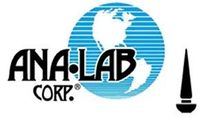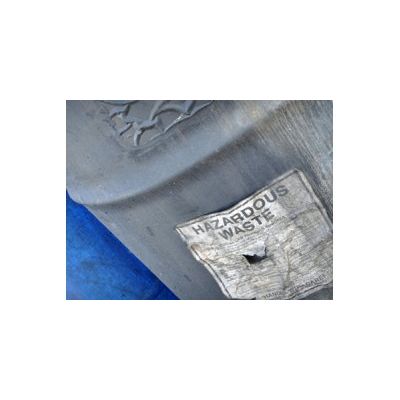

- Home
- Companies
- Ana-Lab Corporation
- Services
- Hazardous Waste Services

Hazardous Waste Services
Ana-Lab can accommodate all of your solids and solid waste management requirements. These testing services include metals analysis, semi-volatile and volatile organic constituents, oil and grease and chloride content. Ana-Lab is certified in a number of states and with the EPA in order to accommodate all of your hazardous waste characterization requirements. These testing services include RCRA heavy metals, Extractable and Volatile organics, Reactivity, Corrosivity, Ignitability, TCLP and SPLP analysis.
Hazardous waste presents immediate or long-term risks to humans, animals, plants, or the environment. It requires special handling for detoxification or safe disposal. In the U.S., hazardous waste is legally defined as any discarded solid or liquid that:
- contains one or more of 39 carcinogenic, mutagenic, or teratogenic compounds at levels that exceed established limits (including many solvents, pesticides, and paint strippers);
- catches fire easily (such as gasoline, paints, and solvents);
- is reactive or unstable enough to explode or release toxic fumes (including acids, bases, ammonia, and chlorine bleach); or
- is capable of corroding metal containers such as tanks, drums, and barrels (such as industrial cleaning agents and oven and drain cleaners).
Businesses such as metal finishers, gas stations, auto repair shops, dry cleaners, and photo developers produce many toxic waste products. These by-products include sulfuric acid, heavy metals found in batteries, and silver-bearing waste, which comes from photo finishers, printers, hospitals, schools, dentists, doctors, and veterinarians. Heavy metals, solvents, and contaminated wastewater result from paint manufacturing. Photo processing also creates organic chemicals, chromium compounds, phosphates, and ammonium compounds. Even cyanide can be a by-product, resulting from electroplating and other surface-treatment processes.
If you think industry is the only source of hazardous waste, you may be surprised. There is hazardous household waste as well. For example,
- automotive products, such as gasoline, antifreeze, and batteries
- oil-based paints and thinners
- pool chemicals pesticides, herbicides, and other garden products
- household cleaning products
